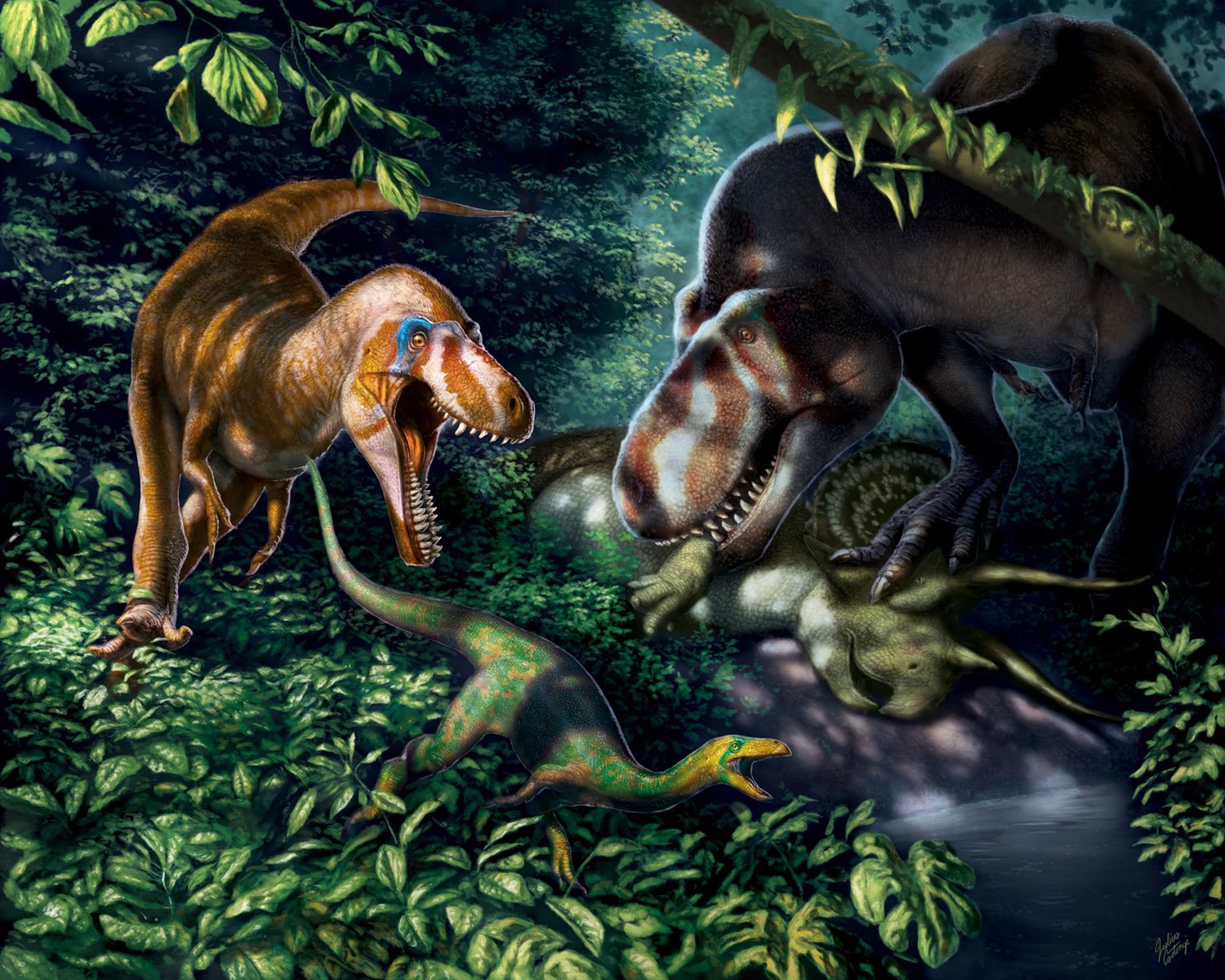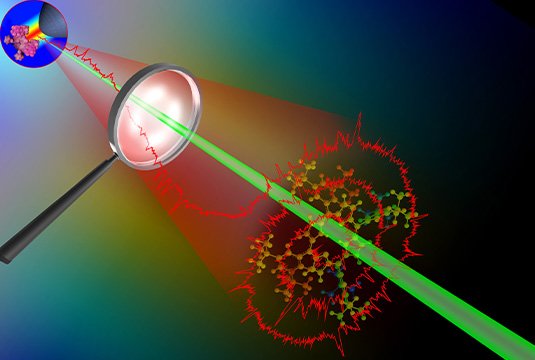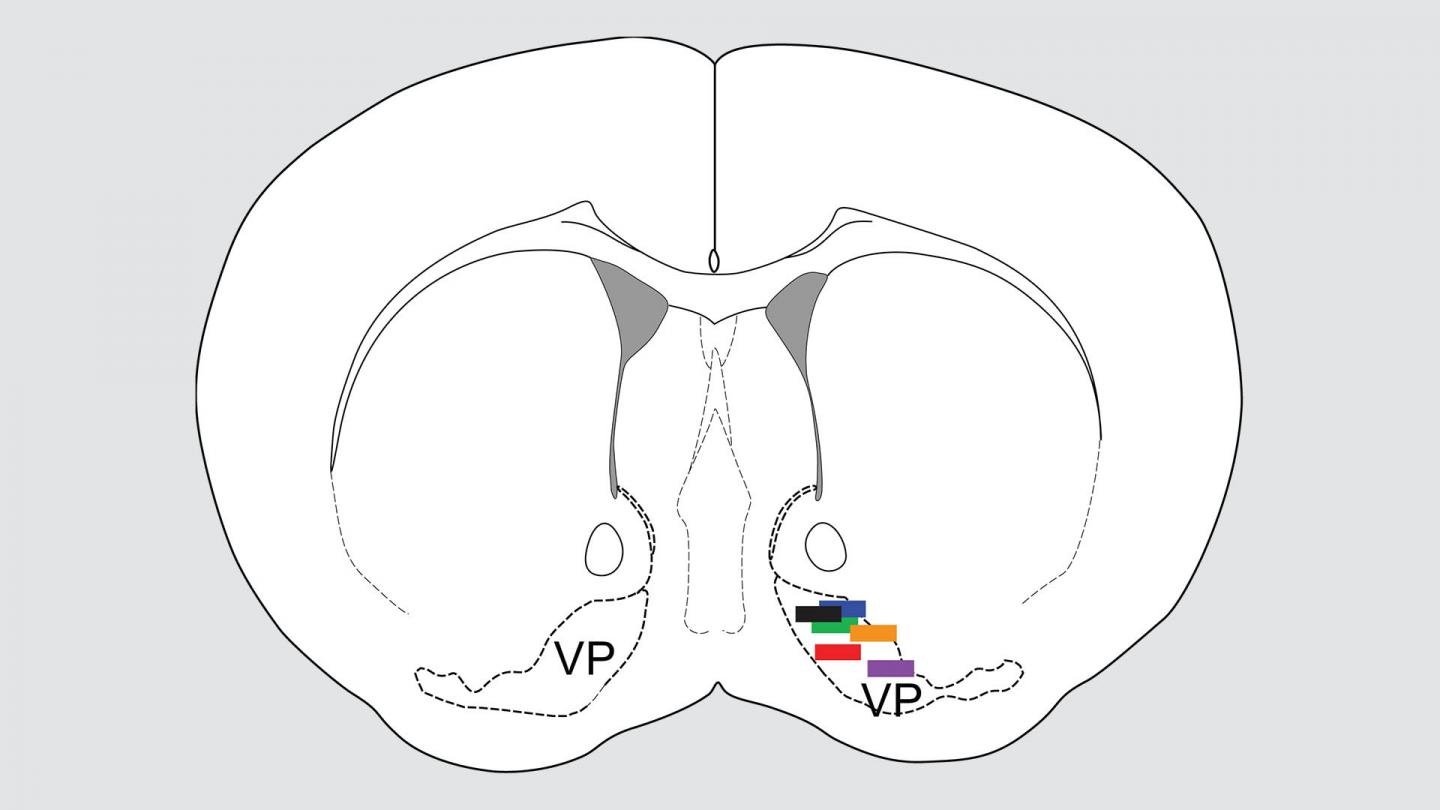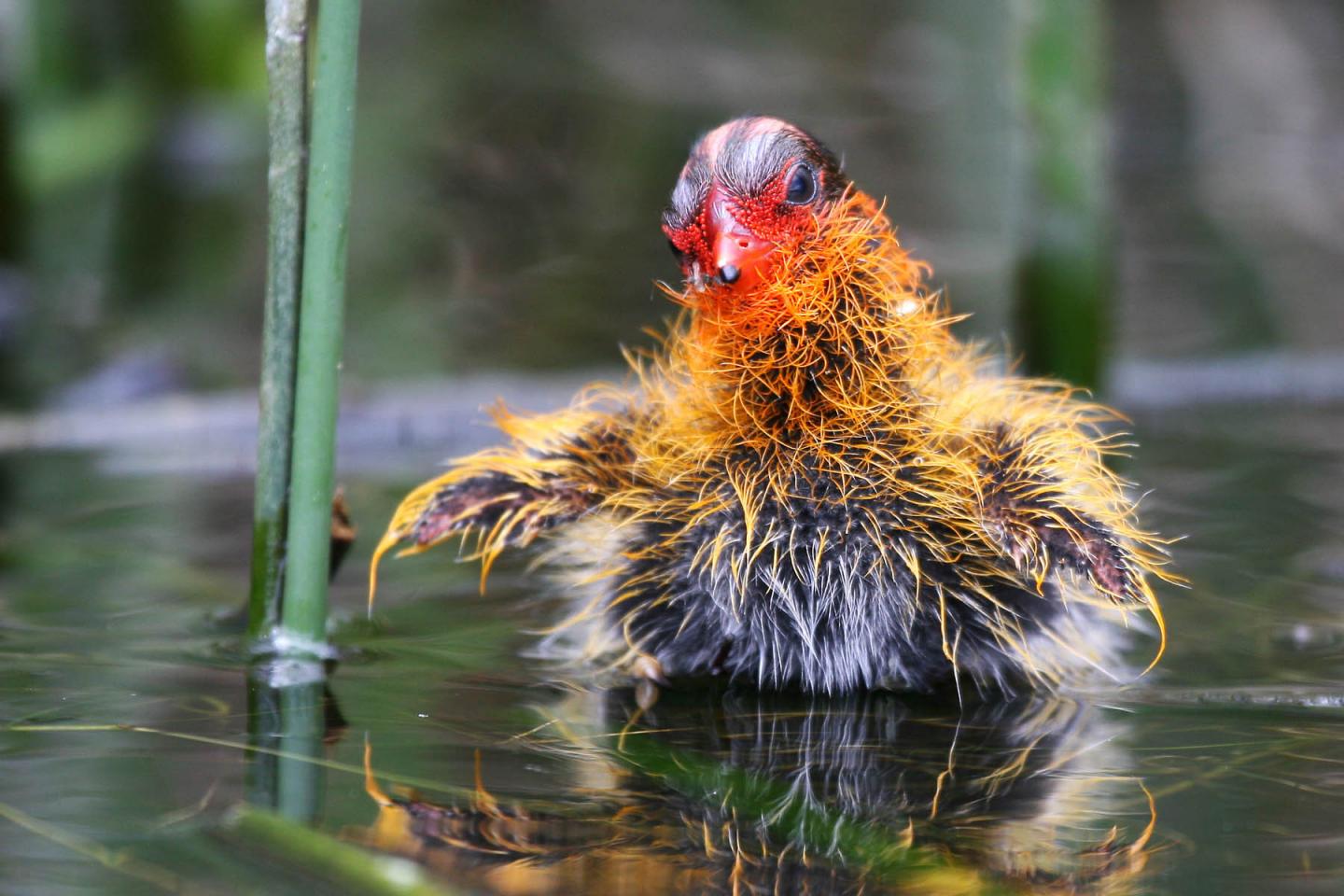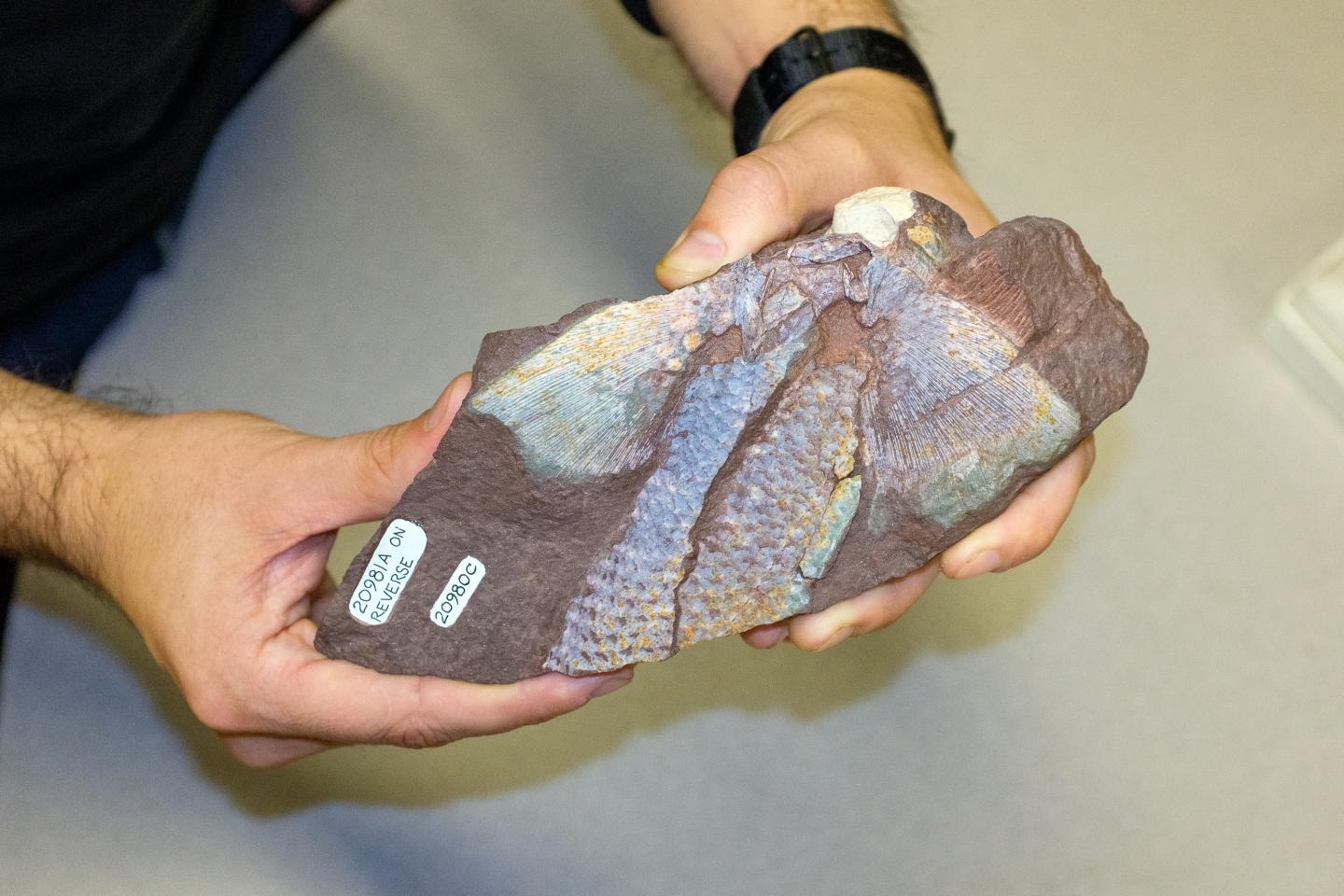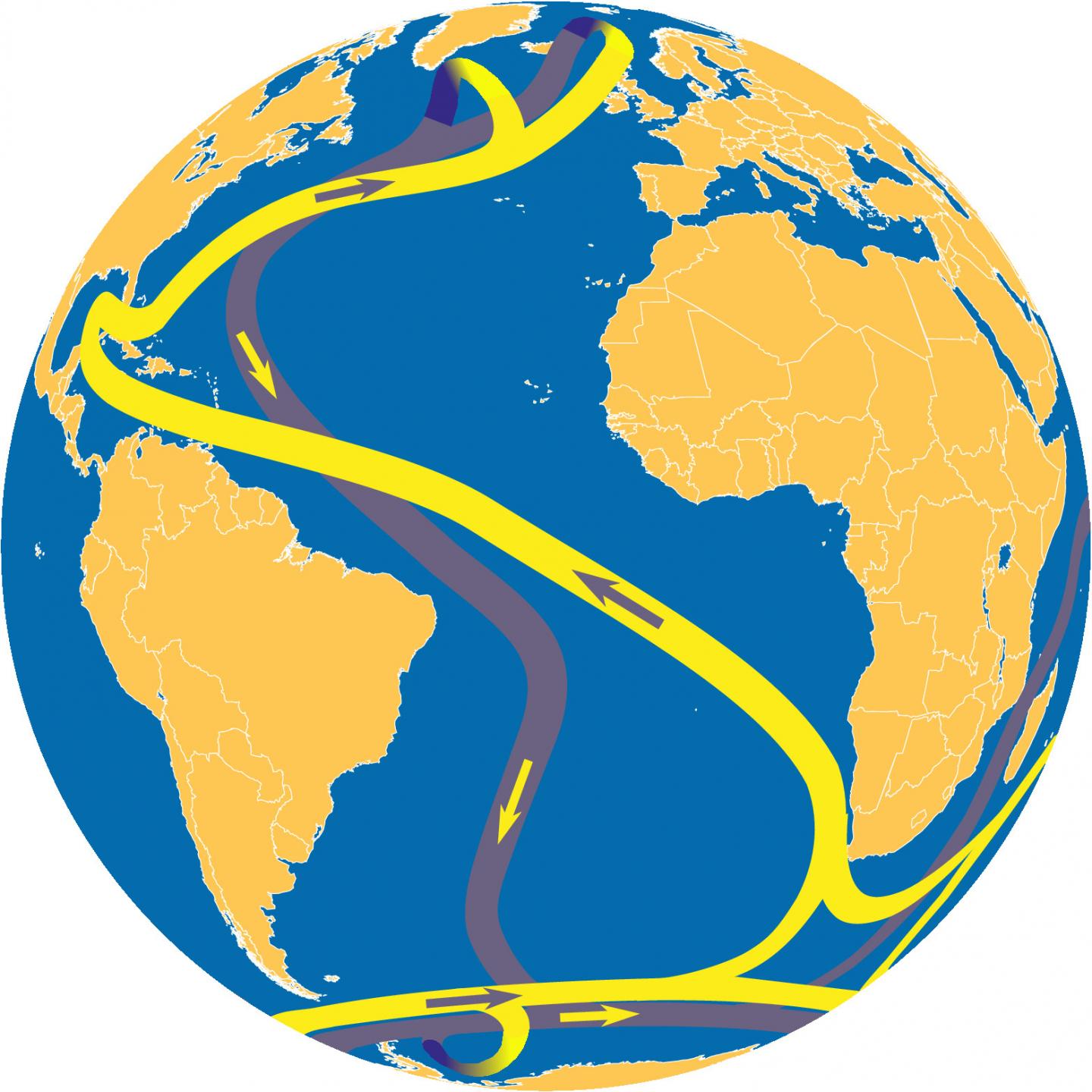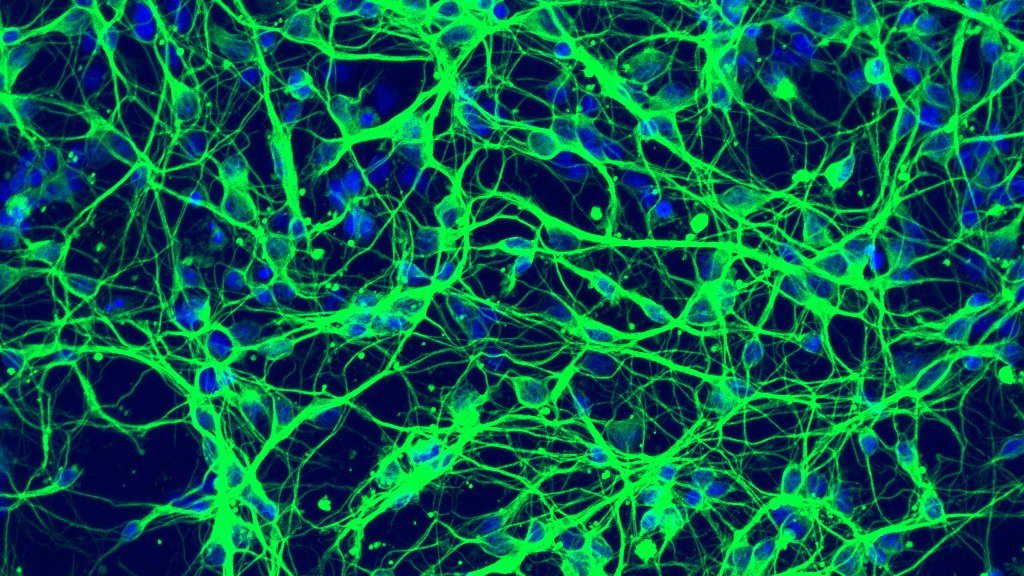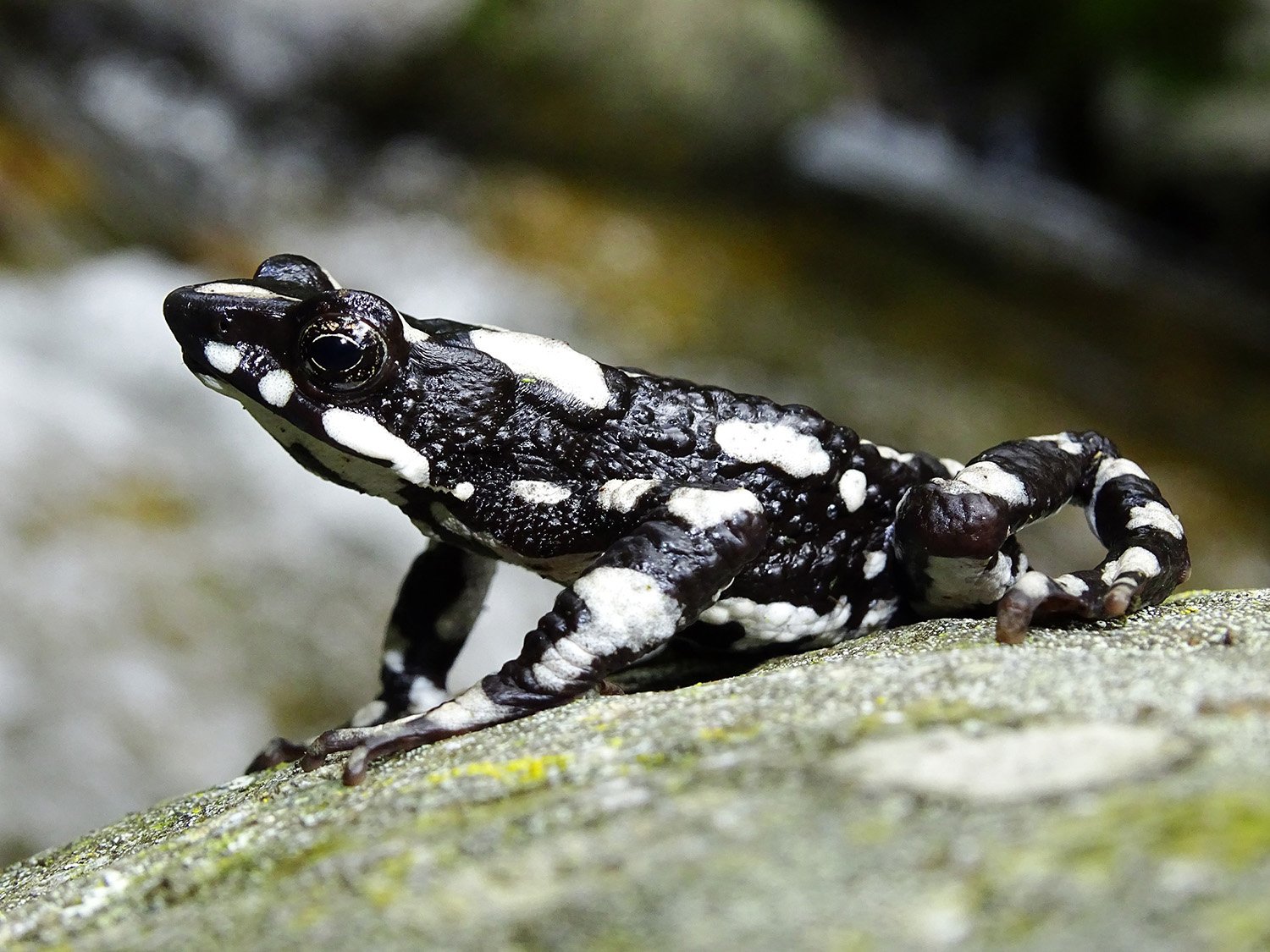Revolutionary treatment cures beloved family pet
A novel immunotherapy treatment has saved family dog Griffin from a rare type of cancer, thanks to collaborative research at The University of Queensland. The Rottweiler was diagnosed with T cell lymphoma in December 2017 and given three months to live. UQ’s Dr Rachel Allavena and her PhD student, veterinarian Dr Annika Oksa, enrolled Griffin … Read more

